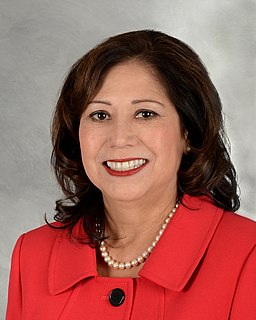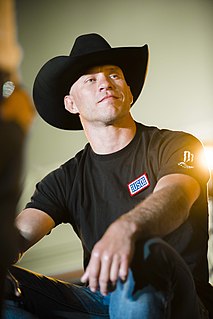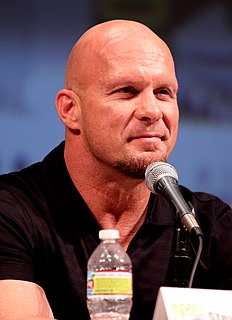A Quote by J. D. Vance
The idea that working a blue-collar job and living in a working-class community provides barriers that are unique to your circumstances - that's not a very controversial subject anymore. I think it's something that people on both the Left and the Right probably accept.
Related Quotes
When I'm talking about the white working class, here's what I'm defining: high school degree, no more, and working in a blue-collar job or a low-skilled service job. When I'm talking about the white, upper-middle class, I'm talking about people who work in the professions or managerial jobs and have at least a college degree.
It doesn't make sense. [Republicans are] not for us. You're not for my values. We're working class people mostly and blue collar. We're your cops, we're your firemen, we're your carpenters and the things we need - we need to protect our unions, we need to protect our Medicare, we need to protect the working class person.
I find myself feeling like Oscar in 'Sweat' just by virtue of cleaning the tables, wiping the bar down and picking up everybody's glasses - and not making eye contact, because that's the character. These are working-class, blue-collar people. These are the people I grew up with. It gets under your skin.
Once I get on something, once I have something that I'm working on, then I become very obsessive. In a good way. I mean,... is there a positive way to say obsessive? It's a good thing and if you're out there and you're working on something right now and you're crazed and you're up in the middle of the night, or you can't stop thinking about it, or you have to keep reading other things about the subject that you're working on or whatever. That's good and I think that's necessary creatively.



































